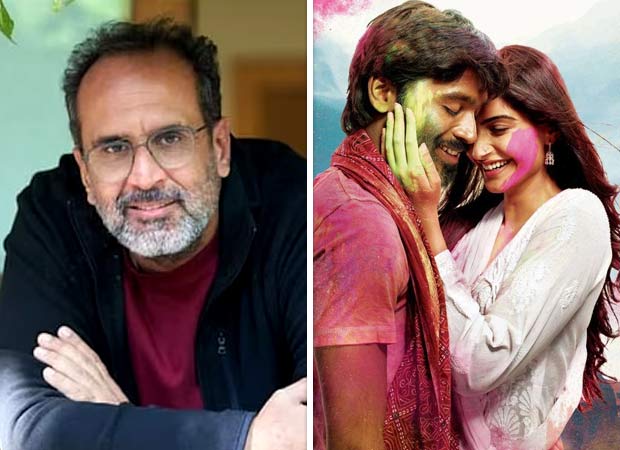KOLKATA: The news of the sudden death of Bangladesh Grandmaster Ziaur Rahman on Friday stunned the chess community across the world and especially those here in Bengal. Rahman had for long acted as a bridge between Bangladesh and India and was instrumental in giving India GMs like Diptayan Ghosh and Sayantan Das.
Both city boys had trained extensively under Rahaman during their growing up days.”I took lessons under sir from 2010-11 to 2014-15,” Ghosh told TOI on Saturday. “Even we had stayed at his house in Dhaka for training,” he added.
Bangladesh’s top-ranked player Rahman died at the age of 50 after suffering a stroke and collapsing on his board in the middle of a national championship match in Dhaka.
The news came as a shock to Das. “I was actually following those matches when suddenly I got the news,” Das, who remembers Zia sir more as a friend than a teacher, said. “Days with him in Dhaka were a learning experience and it was not only about chess. His wife used to sing Rabindrasangeet in the evening as we all used to chill out,” Bengal’s 11th and country’s 81st GM said.
Das had to wait long for his GM title after getting all the norms. “Sir once showed me his old diary where he jotted down his intention to become a GM within a time frame and then went on to achieve it. That inspired me a lot,” Das stated.
Ghosh had also played against Rahman in various tournaments. “He was a solid player and had great depth of the game,” he said of the 15-time Bangladesh champion. “As the top player of his country, sir played many top players of the world on the top board in the Chess Olympiad. He even drew with Magnus Carlsen once (in 2008 when young Carlsen was rated 2786). He used to share those experiences with us,” Bengal’s seventh GM Ghosh said.
Organiser Soumen Majumder of Alekhine Chess Club was still trying to come to terms with Rahman’s death. “He was associated with us from around 2010 and used to visit the city four-five times a year to take classes here. I have never seen such a gentleman player and coach in my career,” Majumder said with a heavy heart.
“He was never a professional type. I remember a student calling him up while playing abroad at an odd hour and Zia immediately asked him to get in front of the computer and started exchanging ideas from here. He used to guide the students about which tournaments to play also,” Majumder remembered.
Both city boys had trained extensively under Rahaman during their growing up days.”I took lessons under sir from 2010-11 to 2014-15,” Ghosh told TOI on Saturday. “Even we had stayed at his house in Dhaka for training,” he added.
Bangladesh’s top-ranked player Rahman died at the age of 50 after suffering a stroke and collapsing on his board in the middle of a national championship match in Dhaka.
The news came as a shock to Das. “I was actually following those matches when suddenly I got the news,” Das, who remembers Zia sir more as a friend than a teacher, said. “Days with him in Dhaka were a learning experience and it was not only about chess. His wife used to sing Rabindrasangeet in the evening as we all used to chill out,” Bengal’s 11th and country’s 81st GM said.
Das had to wait long for his GM title after getting all the norms. “Sir once showed me his old diary where he jotted down his intention to become a GM within a time frame and then went on to achieve it. That inspired me a lot,” Das stated.
Ghosh had also played against Rahman in various tournaments. “He was a solid player and had great depth of the game,” he said of the 15-time Bangladesh champion. “As the top player of his country, sir played many top players of the world on the top board in the Chess Olympiad. He even drew with Magnus Carlsen once (in 2008 when young Carlsen was rated 2786). He used to share those experiences with us,” Bengal’s seventh GM Ghosh said.
Organiser Soumen Majumder of Alekhine Chess Club was still trying to come to terms with Rahman’s death. “He was associated with us from around 2010 and used to visit the city four-five times a year to take classes here. I have never seen such a gentleman player and coach in my career,” Majumder said with a heavy heart.
“He was never a professional type. I remember a student calling him up while playing abroad at an odd hour and Zia immediately asked him to get in front of the computer and started exchanging ideas from here. He used to guide the students about which tournaments to play also,” Majumder remembered.






